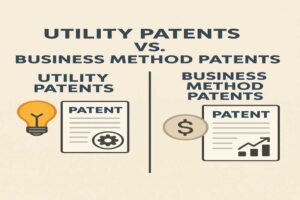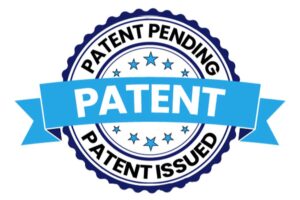В современной экономике, основанной на знаниях, лицензирование интеллектуальной собственности (ИС) стало жизненно важной стратегией монетизации, обеспечивающей важный поток доходов для изобретателей и малого бизнеса.
However, serving as the licensor to large corporations presents a unique set of challenges.
This article aims to outline these difficulties, providing a comprehensive understanding of the landscape faced by inventors and small businesses when licensing technology to larger corporate entities.
Resource and Power Asymmetry
The fundamental challenge in these licensing arrangements stems from the significant asymmetry in resources and power between large corporations and their smaller counterparts. Large corporations typically possess substantial financial and legal resources, allowing them to engage in protracted negotiations, fund extensive due diligence processes, and if need be, navigate complex litigation. Conversely, inventors and small businesses often face resource constraints, limiting their negotiation power and their ability to protect their interests effectively.
Complexity of Negotiating License Agreements
IP licensing agreements are complex legal documents that require extensive knowledge of IP law, contract law, and the specifics of the technology involved.
The process of negotiating these agreements can be time-consuming and expensive, and often involves several rounds of negotiation before reaching a mutually agreeable outcome.
For small licensors lacking dedicated legal departments, this process can be daunting and potentially detrimental to their core business operations.
Valuation Challenges
Establishing a fair and accurate valuation for IP is a complex process involving assessments of market trends, competitive landscape, and the technology’s potential for commercial success. Large corporations often have access to sophisticated IP valuation experts, whereas small businesses and inventors may struggle with this process. This disparity can lead to unequal negotiations and potentially undervalued IP licenses.
Enforcing License Agreements
Even after a licensing agreement is in place, the licensor must have the capacity to enforce the terms of the agreement. This involves monitoring the licensee’s use of the technology to ensure compliance with the agreement and taking action in the event of any breach. For small businesses and inventors, the cost and complexity of enforcement can be prohibitive, especially when dealing with a large corporate licensee.
Protecting the IP
Inventors and small businesses must also protect their IP from potential infringement or misuse during the licensing process and throughout the duration of the licensing agreement. This requires a robust understanding of IP law and a proactive approach to IP protection, which can be particularly challenging given the limited resources of small entities.
Navigating the Corporate Bureaucracy
The bureaucratic nature of large corporations can pose a significant challenge for small businesses and inventors.
The decision-making process in these corporations often involves multiple layers of management and various departments, each with its own objectives and priorities.
This can result in a slow and convoluted negotiation process, creating a level of uncertainty that small businesses and inventors may find difficult to manage.
Risk of Technology Absorption
A risk often associated with licensing technology to large corporations is the possibility of technology absorption.
In some instances, the licensee might use the licensed technology to develop new technologies that compete with the licensor.
Without adequate safeguards in the licensing agreement, this could significantly undermine the licensor’s competitive position.
Заключение
The process of licensing technology to large corporations presents significant challenges for inventors and small businesses, ranging from resource disparities, to complex negotiations, IP valuation and protection issues, enforcement difficulties, and the risk of technology absorption.
However, with a robust understanding of these challenges, small licensors can strategically navigate these complexities.
To this end, they may need to seek appropriate legal counsel, adopt proactive IP protection strategies,







